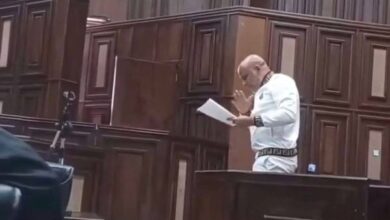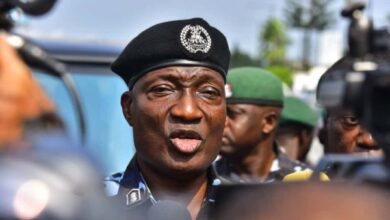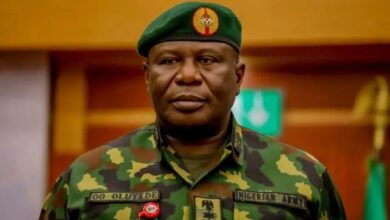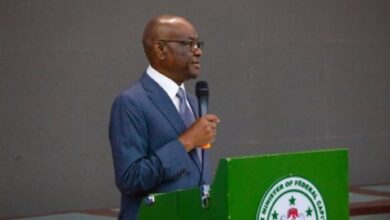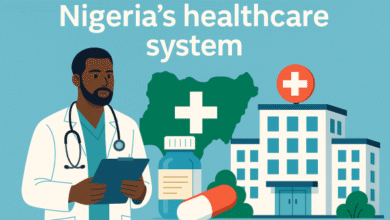Germany’s Scholz presses China on Ukraine during closely-watched trip
 German Chancellor Olaf Scholz held talks in Beijing on Friday with Chinese President Xi Jinping.
German Chancellor Olaf Scholz held talks in Beijing on Friday with Chinese President Xi Jinping.
The closely-watched trip is the first visit to China by a G7 leader since the outbreak of the Coronavirus pandemic.
He asked Beijing to exert influence on Russia to bring about an end to the war in Ukraine, calling China a “great country’’ with responsibility for peace in the world.
Scholz’s inaugural trip to Beijing as chancellor has been viewed critically within Germany and Europe, coming on the heels of last month’s Chinese Communist Party Congress.
Xi secured an unprecedented third term in office, cementing his hold on power.
At the start of their meeting, Scholz stressed that he would bring up points of contention, including the war in Ukraine.
Although China has not endorsed Russia’s invasion, it has deepened ties with Moscow since it was launched.
“We are coming together at a time of great tension,’’ Scholz said.
“In particular, I want to highlight the Russian war against Ukraine, which poses many problems for our rules-based world order.’’
However, Xi expressed hope that differences could be left aside, with a view to deepening cooperation between the two countries.
Both sides should observe the principles of mutual respect and the search for common ground, Xi was quoted as saying by Chinese state broadcaster CCTV.
“The current international situation is complex and changeable”, Xi told the German leader.
He said China and Germany should work together as influential countries and make contributions to peace and development in times of changes and chaos.
However, details of their talks has not emerged yet.
At the start of the meeting, Scholz also named hunger, climate change and the debt of poor countries as important issues, saying it was good to come together now for a very intensive exchange.
Tensions over the status of Taiwan were also expected to be discussed.
Before travelling to Beijing, Scholz vowed to change the way Germany deals with China, promising a candid exchange.
He pledged to raise difficult issues including human rights concerns and China’s treatment of minorities.
Following Russia’s invasion of Ukraine, many were calling on Germany to learn lessons and end its economic dependency on China, one of its largest trading partners.
Scholz’s decision to travel with a dozen top business managers including the chief executives of Volkswagen, BMW, BASF, Bayer and Deutsche Bank – has come under particular scrutiny.
The visit, scheduled to last just 11 hours, was closely choreographed to meet China’s restrictive COVID-19 measures.
Scholz underwent two COVID-19 tests before departure and a third PCR test on touchdown.
The entire delegation of more than 60 people cannot move beyond a strictly delimited zone, while those who entered this bubble must then undergo 10 days of quarantine.
Xi greeted Scholz without a face mask, but both refrained from shaking hands and sat down for talks at two long tables keeping them at a distance.
Later, Scholz was received with military honours by outgoing Prime Minister Li Keqiang, in a reversal of protocol interpreted as a show of Xi’s hold on power.
Previous chancellors have been met first by the premier, followed by the head of state.
At the meeting with Li, Scholz called China a great country that had responsibility for peace in the world.
He added that Beijing and Berlin agreed that Russian rhetoric about nuclear weapons was unacceptable.
Scholz also dismissed criticism of his visit, saying that it was good and right that I am here in Beijing today.
Ahead of the trip, Chinese dissidents and the World Uighur Congress had called for it to be cancelled.






